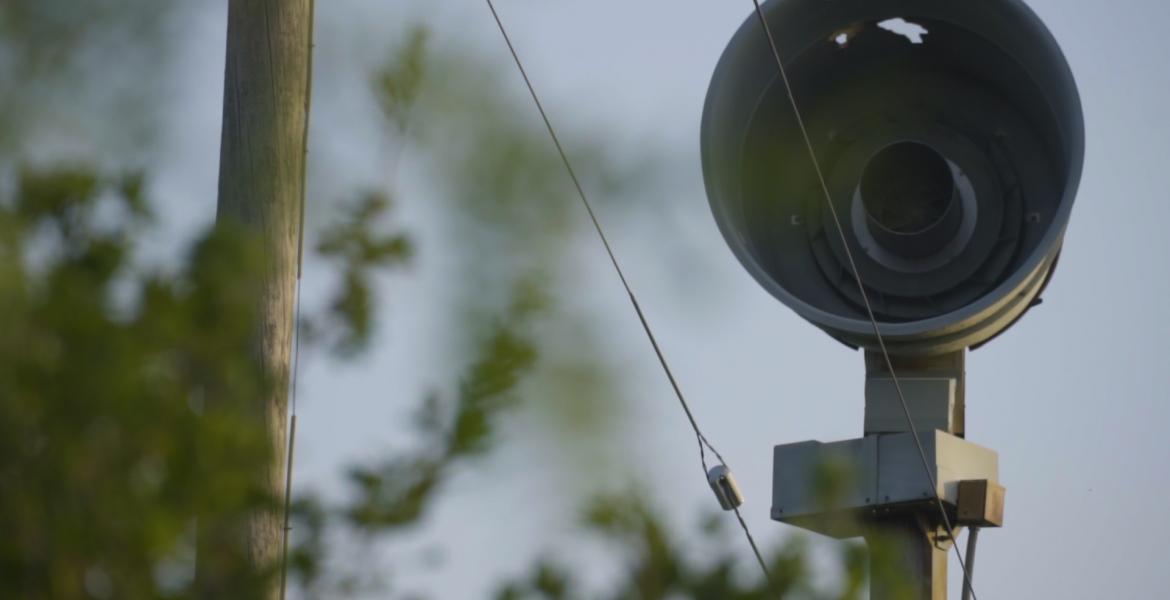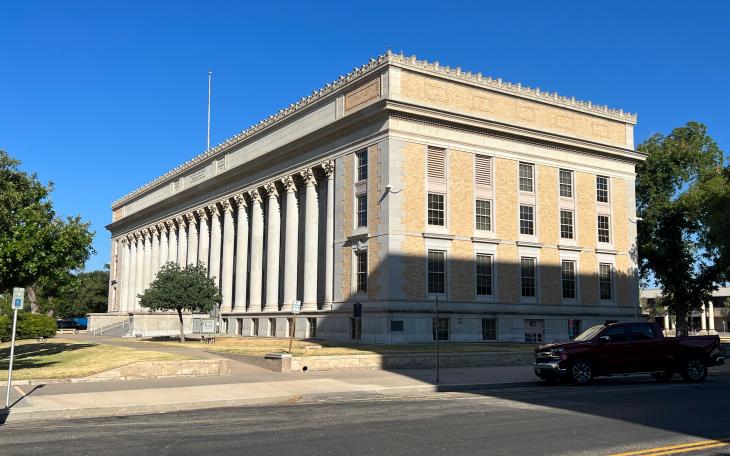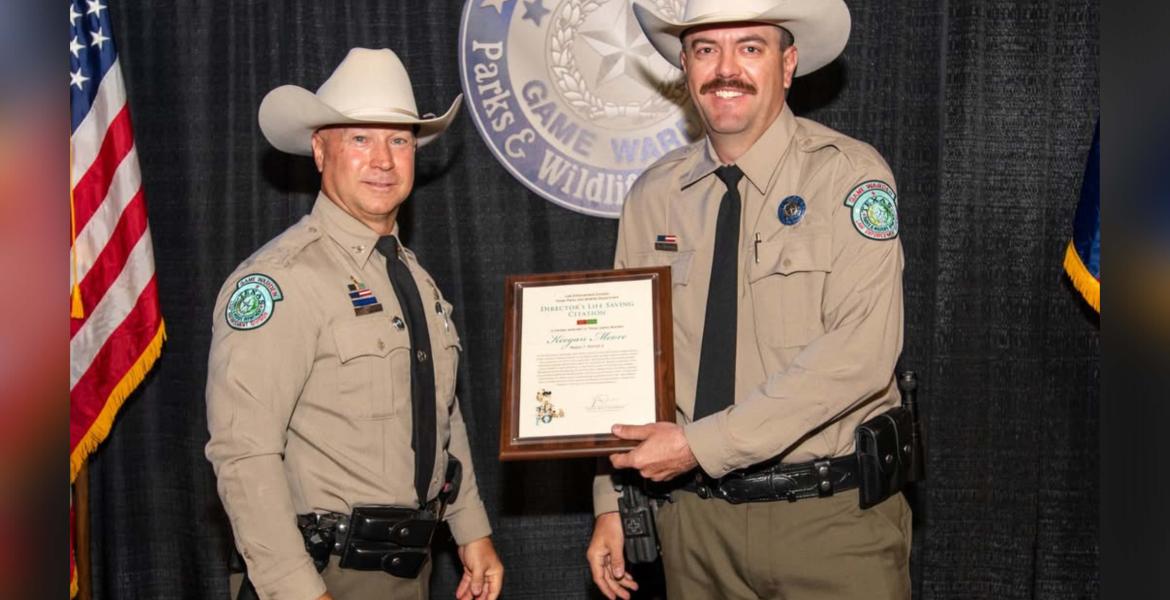With October being Breast Cancer Awareness Month, many people leap on board to raise money to save the tatas, and collect a few billion a year towards the cause.
Billion-dollar industries often bring uninvited skimmers and scammers who want their slice of the pie.
Everyone has been affected by Breast Cancer in some form or fashion. If it wasn’t a family member or friend with breast cancer, it was a family member of a friend, and with any cancer, hardships and losses abound, making it all too easy for a scammer with a pathos plea to swindle a kindhearted person out of money.
Living in San Angelo may not protect you from national con artists, and when a ‘charity’ doesn’t help the people it claims to, salt is poured into open wounds.
One of many ways money gets thrown into a vacuum that never sets foot into the lives of those suffering from the cause it’s meant to support is ‘Pinkwashing.’
‘Pinkwashing,’(a portmanteau word which combines ‘pink’ and ‘whitewashing’) is a common occurrence with many products ‘going pink’ to raise awareness for breast cancer.
The misconception is that because products are pink, tons of money is going to breast cancer research.
Unfortunately, without a bit of research of your own, you can’t be too sure that those pink ribbons are raising money that a cancer patient will ever see.
That’s where sites like thinkbeforeyoupink.org come in, a watchdog website for breast cancer fundraisers created in 2002 to inform the public on how to ensure the money they donate is going towards helping breast cancer patients.
“Any company can put a pink ribbon on its products. The widely-recognized pink ribbon symbol is not regulated by any agency and does not necessarily mean it effectively combats the breast cancer epidemic,” states thinkbeforeyoupink.org.
If just making easy profit with little payout isn’t a bad enough deal, many ‘nonprofits’ use the right keywords to seem legitimate.
American Breast Cancer Foundation and Breast Cancer Relief Foundation, are just a couple examples of charities that have been proven by taxes to payout less than 10% of the money they receive from donors.
National organizations like those typically get their donors from cold calling, using their official sounding name, or names similar to well-known charities, to solicit donations from the unaware.
But before you start to boycott October, keep in mind that local charities are much easier to hold accountable, and are typically more transparent than vague cold calling charities.
“We are careful to do what we say with the money we receive” said Lyndy Stone, Marketing Director for Shannon Medical Center.
Stone explained that with Shannon’s fundraisers the money always stays in San Angelo to help the city and its surrounding counties.
This includes the two latest fundraisers that Shannon hosted for Breast Cancer awareness.
“With the Tee Off for Tatas, it was benefitting programs at the Shannon Oncology Center,” she said, then added, “Pink Ribbon Run was for our imaging center.”
Stone also explained that all promotional items for the fundraisers show where the money raised is going.
Similarly, the local branch of the American Cancer Society (ACS) wants to make sure that people know what their money is used for.
Kellye Howard explains that funds raised by ACS go towards research nationally, but some comes down to provide educational materials, as well as funds the ‘Road to Recovery’ program that provides rides to cancer patients getting treatment elsewhere.
She also warns people about how a lot of organizations are not in it for the good of others, “You’re always going to have people out there looking to skim.”
Howard suggests visiting the local offices for charities if you are unsure as to where your money is going, and explains that legitimate charities never mind if you want to do research before you give.
“They can always come in [to the local ACS office],” Howard said, “you always need to verify.”
Howard is happy to allay any fears that a donor may have about giving to ACS.
For non-local charities, it’s always good to do a smidgeon of research.
Always verify that the charity that is mailing or calling you is legitimate. Sites like Charitynavigator.org, charitywatch.org, and specifically for breast cancer, thinkbeforeyoupink.org will rate charities based on revenue that goes towards the cause.
Ask around and see what people think of certain charities, if no one in San Angelo has heard of it, you might want to do more research.
Subscribe to the LIVE! Daily
Required






Post a comment to this article here: